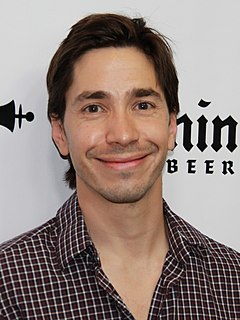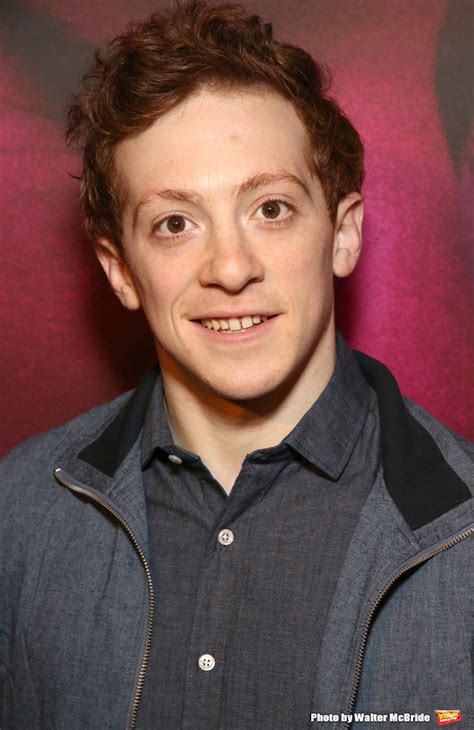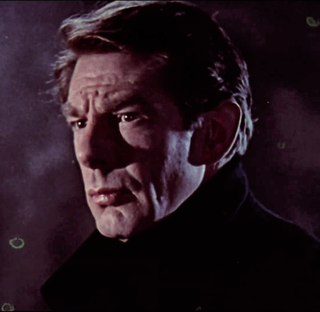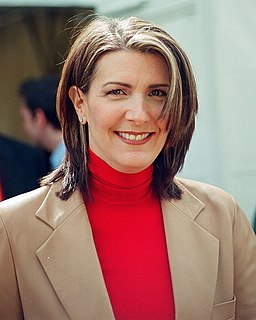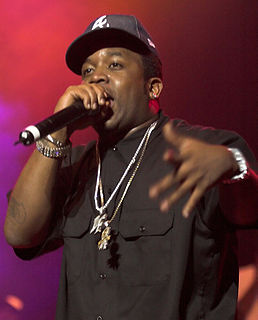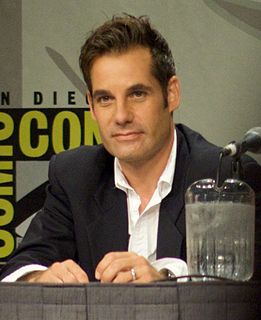A Quote by Wendell Pierce
At Julliard we had some voice classes. It was really just so you could carry a tune. It always just helps with your speaking voice also, when you connect your diaphragm and your breath.
Related Quotes
We're always being told 'find your voice.' When I was younger, I never really knew what this meant. I used to worry a lot about voice, wondering if I had my own. But now I realize that the only way to find your voice is to use it. It's hardwired, built into you. Talk about the things you love. Your voice will follow.
Somebody's real voice is probably the hardest one that somebody could attempt. The characters are all, believe it or not, rooted in a reality of some sort. I've met and talked to people, and they're also fusions of showbiz periphery. But the best thing was, if you did your own voice and you were the star of the show - if it came to blows and they had you on the ropes and you had to leave, then they could just get someone to sound exactly like you.
When you recognize that there is a voice in your head that pretends to be you and never stops speaking, you are awakening out of your unconscious identification with the stream of thinking. When you notice that voice, you realize that who you are is not the voice - the thinker - but the one who is aware of it.
But I'm pretty lucky with my voice. When I first started touring I went to see a woman to give me some coaching on how not to lose my voice. And she was just saying really your voice is a muscle so if you're using it all the time you should actually come back from tour with a stronger voice than you left with. And that's really how I find it.
I loved the idea of doing impressions and mimicking and playing around with the spectrum of your own voice. That's what I enjoy most about doing voiceovers. You can be completely unconscious with the rest of your body and just concentrate on doing something with your voice, creating an entire character with your voice.
The voice in your head also creates a huge amount of problems that aren't really problems. They're just things that haven't happened yet, things that could happen tomorrow or next week. Listening to unreal problems has another name: worrying. That's what the voice in your head does. It what-ifs. It frets. It agonizes, and you can no longer sense the joy of life.
Something like Deckard Cain is great; it doesn't ruin your voice. But games that involve violence or battle or mutating and stuff like that really does take a toll on your voice. And I've even had to start to go to a voice guru kind of guy to do exercises to try to save and get back some of what I lost.









